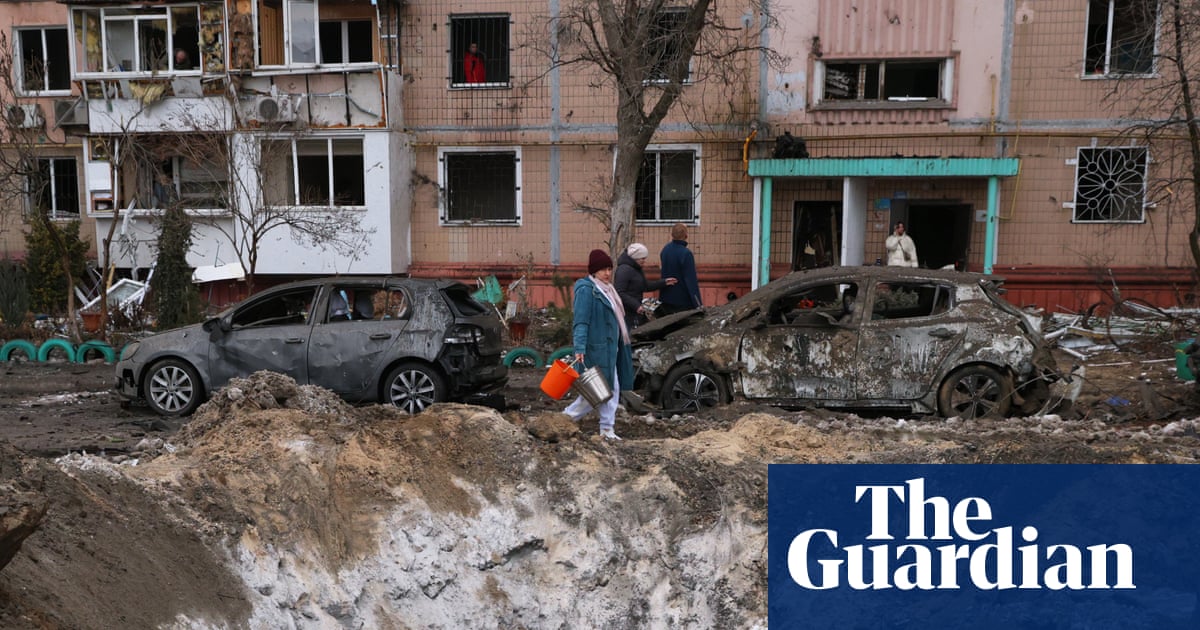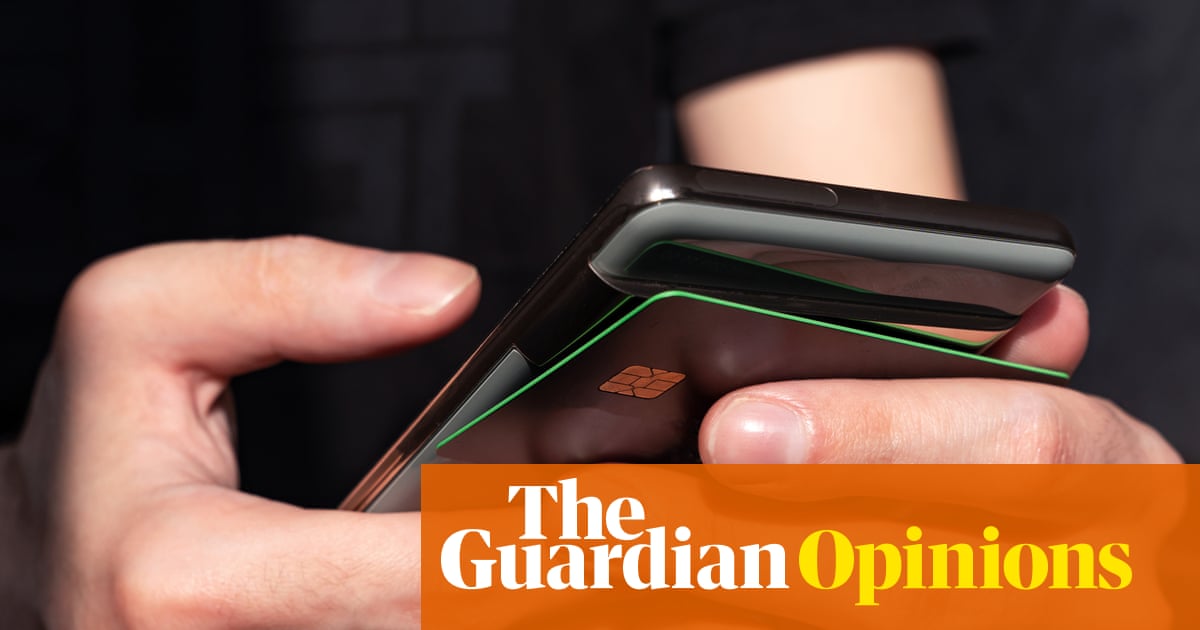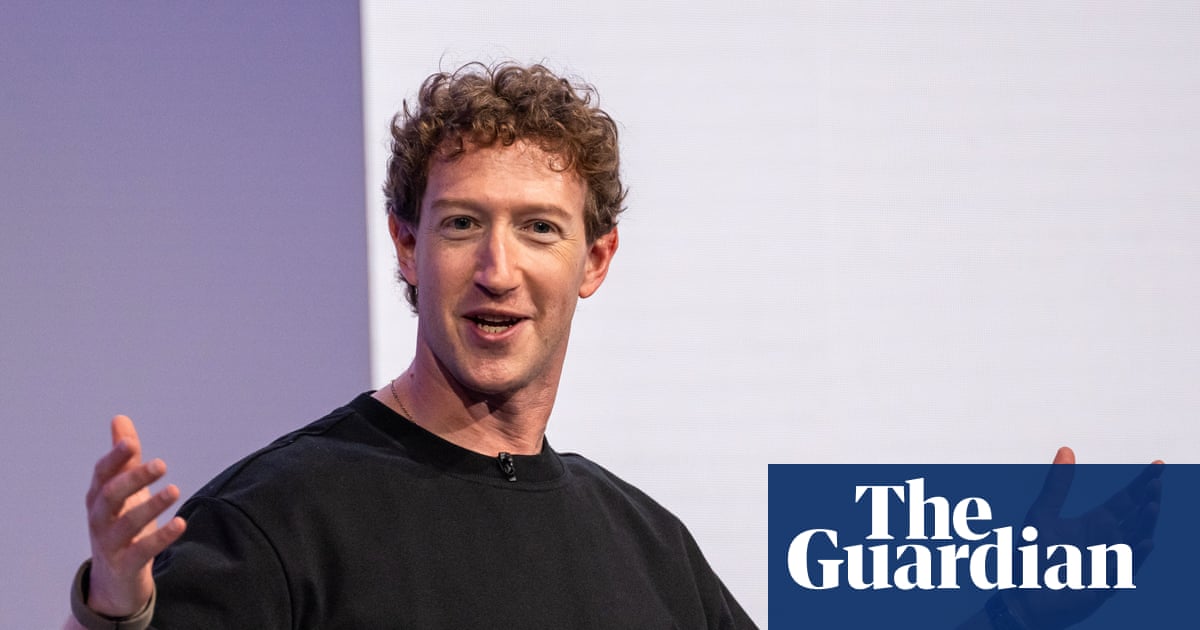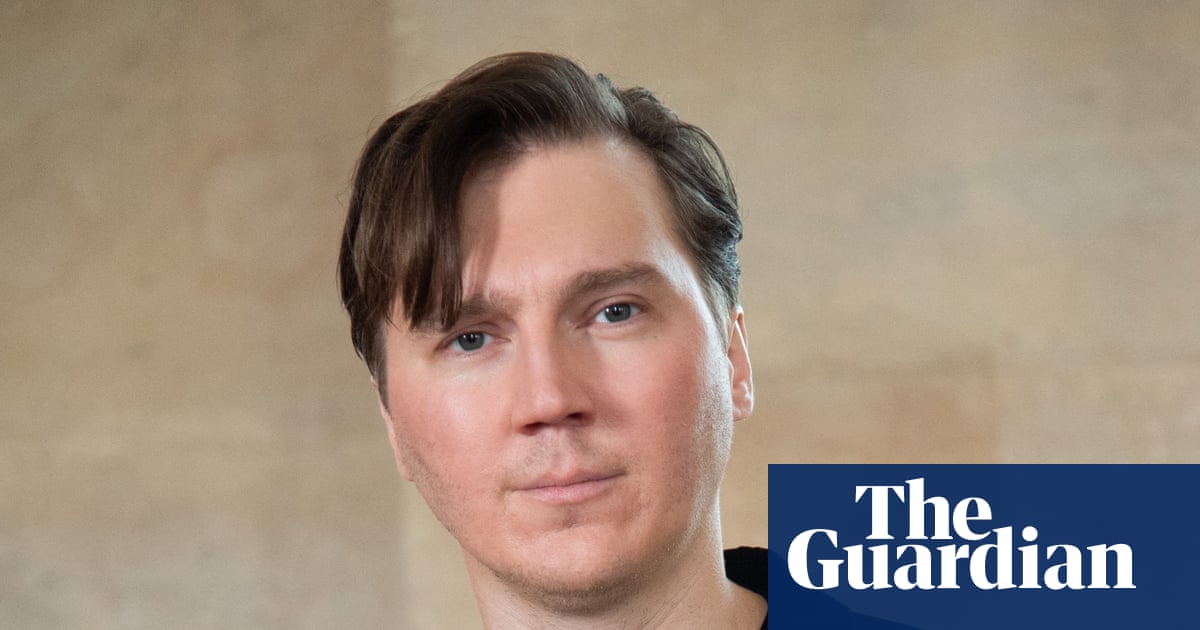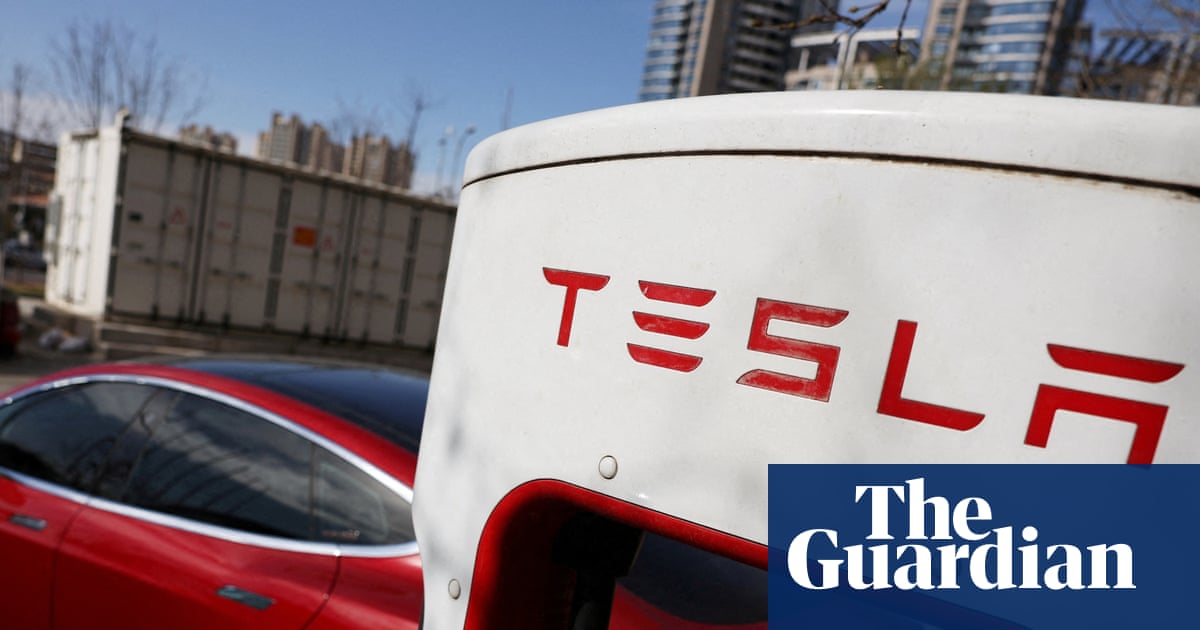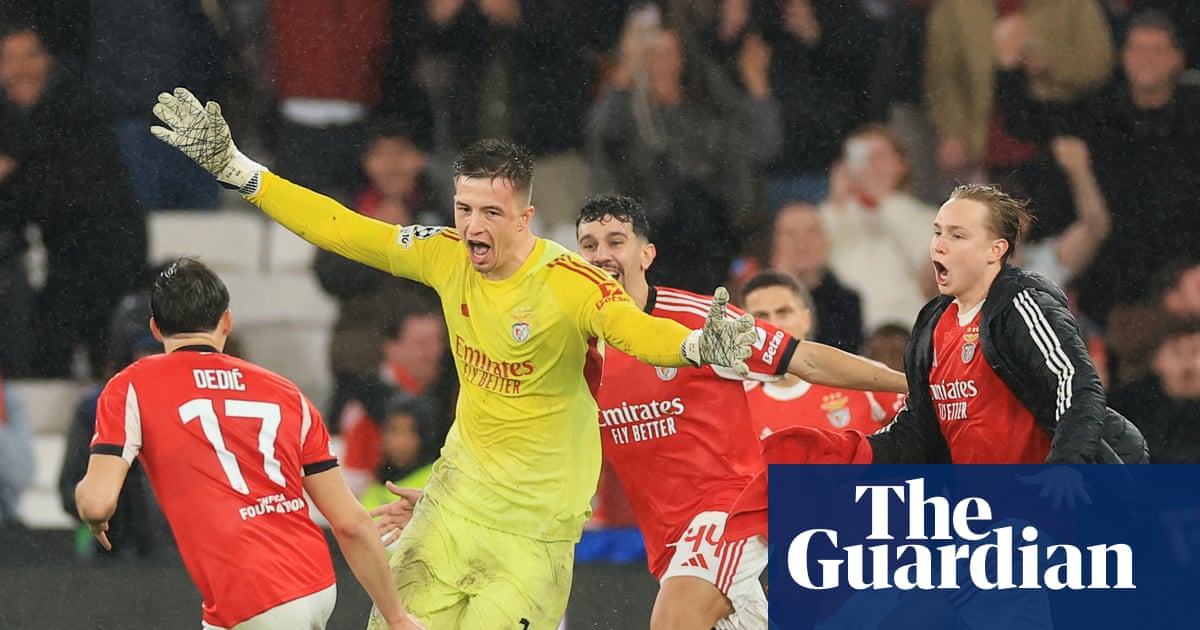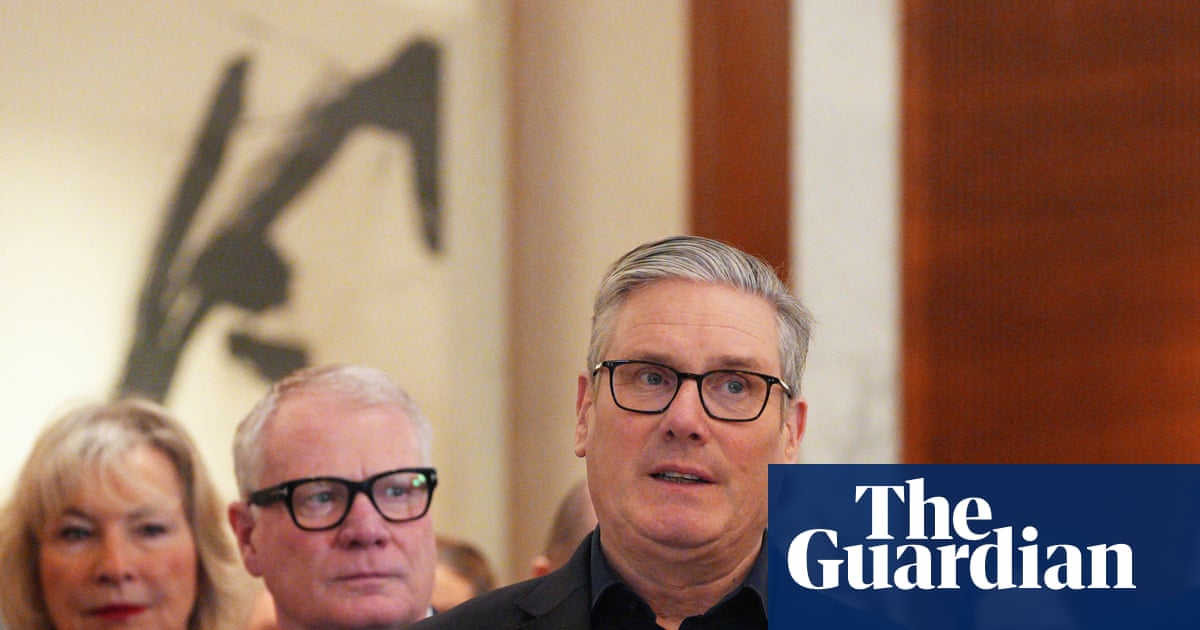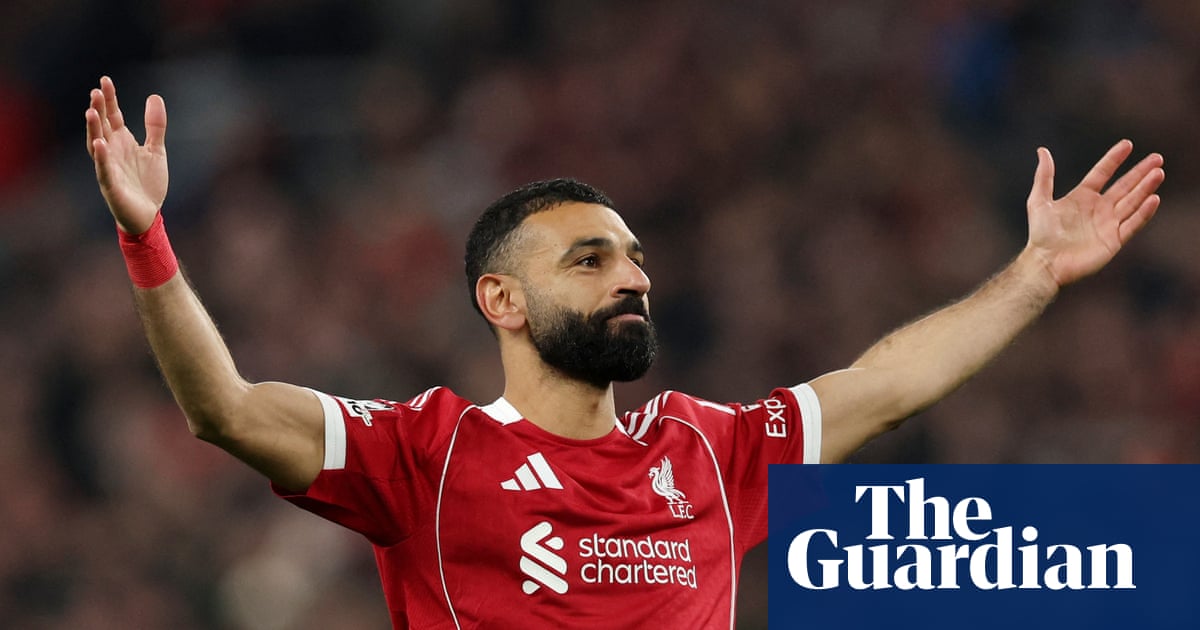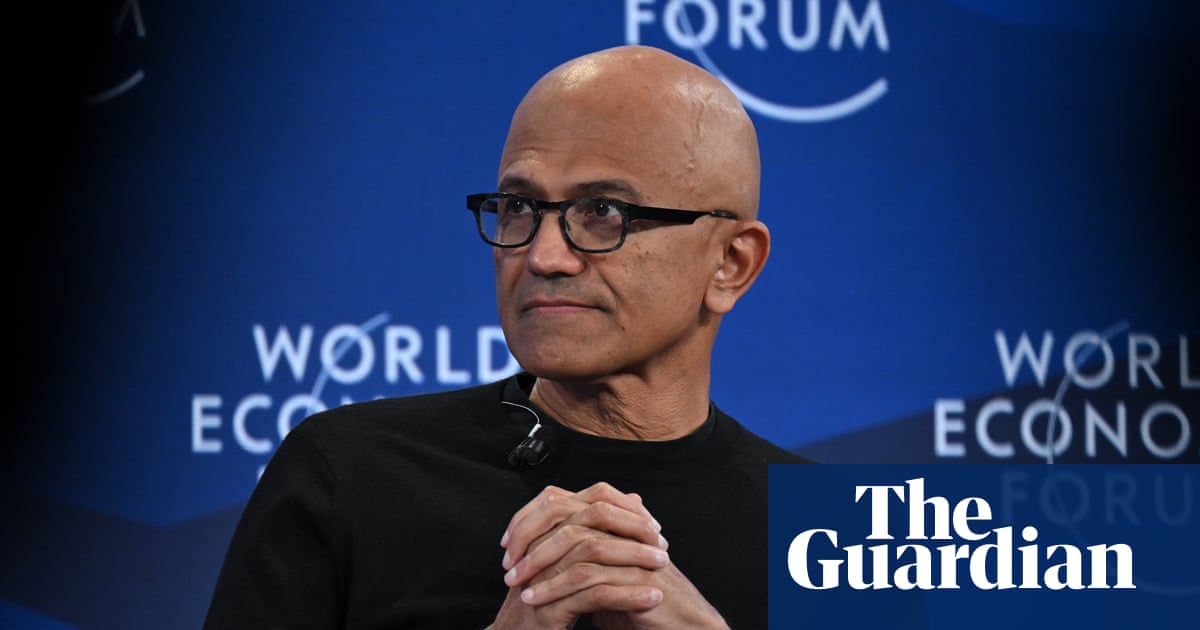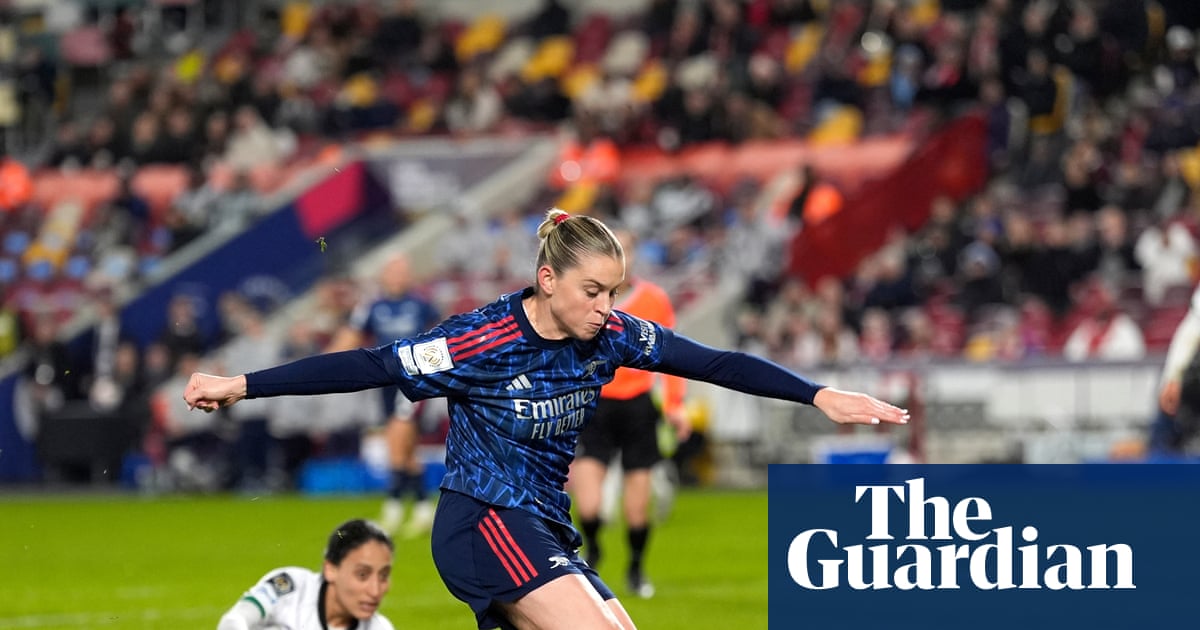In Donald Trump’s first term, his son-in-law and senior adviser Jared Kushner was omnipresent. He worked on criminal justice reform, Covid-19 vaccine development and modernizing technology across federal agencies. His portfolio extended to foreign policy, as he brokered a new North American trade agreement and negotiated peace deals in the Middle East. But when Trump returned to the White House in January, Kushner stayed out of the limelight and declined to take a formal role in the administration.
A few weeks ago, Kushner re-emerged as a central player behind Trump’s peace plan for Gaza, which so far has achieved a ceasefire, an exchange of Israeli hostages for Palestinian prisoners and a partial withdrawal of Israeli forces from the territory. Kushner took a victory lap, as Trump and others in the US administration gave him significant credit for helping negotiate a ceasefire after two years of Israel’s brutal war on Gaza. Kushner is being hailed as the consummate deal-maker, a private citizen whose business acumen succeeded where career diplomats failed.
But as in Trump’s first term, Kushner’s diplomatic work often overlapped with his business dealings, raising questions about financial conflicts. In fact, his potential conflicts are even more conspicuous today. Kushner’s key role in brokering the Gaza deal, which includes a framework for the territory’s postwar redevelopment, cannot be separated from the investment firm he owns, Affinity Partners, which is overwhelmingly financed by the very Arab petrostates critical to the agreement and potential reconstruction – Saudi Arabia, Qatar and the United Arab Emirates. Together, these three states provided crucial support to Kushner after he left the White House in January 2021, investing billions of dollars that allowed him to launch and expand his private equity firm.
Six months after the end of the first Trump administration, Kushner’s newly created company secured a $2bn investment from Saudi Arabia’s sovereign wealth fund. It was an unusually large stake, considering that Kushner and his firm had little experience or track record in private equity. In fact, the kingdom’s crown prince and de facto ruler, Mohammed bin Salman, overruled a group of advisers who had objected to investing in Kushner’s new project. The advisers warned that due diligence conducted on behalf of the Saudi Public Investment Fund had found the firm’s early operations “unsatisfactory in all aspects”. But leaked internal documents published by the New York Times showed that Prince Mohammed dismissed those concerns, and he was more focused on using the infusion of Saudi cash to cultivate a “strategic relationship” with Kushner.
It’s no surprise that the prince would want to reward Kushner for his steadfast support during Trump’s first term – and hedge the kingdom’s bets in case Trump returned to power. Throughout his first term, Trump tried to shield Prince Mohammed from blame for the 2018 assassination of the Saudi journalist Jamal Khashoggi, who was ambushed inside the Saudi consulate in Istanbul by a 15-member hit team. Despite a CIA assessment that concluded, with “high confidence,” that the prince had ordered the killing, Trump and Kushner offered the Saudi regime continued political support and billions of dollars in US weapons sales.
The scale and timing of the Saudi sovereign wealth fund’s commitment to Kushner suggests its $2bn in funding wasn’t driven by market forces, but rather a bet by the crown prince on continued goodwill from a future Trump administration. A subsequent congressional investigation revealed that the Saudi leader did not earn a traditional return on his investment.
In September 2024, as Trump was running for president, a US Senate committee found that Kushner’s firm had been paid $157m in management fees from foreign clients since 2021 without returning any profit to its investors. The Senate investigation, which was launched by Ron Wyden, a Democratic senator from Oregon who chaired the finance committee at the time, showed that Affinity Partners had collected $87m in fees from the Saudi wealth fund. In a letter to Kushner’s company, Wyden questioned why the firm had not generated any profit for its investors, despite charging hefty management fees – and he raised concerns that the entire venture was a way for foreign powers to buy influence in anticipation of Trump returning to power. “Affinity’s investors may not be motivated by commercial considerations, but rather the opportunity to funnel foreign government money to members of President Trump’s family,” Wyden wrote.
In December 2024, Kushner revealed that he had raised an additional $1.5bn for Affinity Partners from investment funds controlled by Qatari and UAE government officials. In a podcast interview, Kushner said he had “pre-emptively tried to avoid any conflict” by securing new funding from his existing investors before Trump won the presidential election. The added funds brought the firm’s total assets to $4.8bn by the end of last year, nearly 99% of it from foreign sources. The increase in management fees raked in by Affinity has also boosted Kushner’s personal wealth, and turned him into a billionaire, according to Forbes.
After Republicans regained control of the Senate in January, Wyden lost the finance committee chair position and his investigation into Kushner’s company foundered. With Republicans controlling both houses of Congress, and a supreme court ruling last year that gave Trump broad immunity for official acts, Trump and his family are facing little scrutiny in Washington for exploiting the presidency to promote their business interests.
Aside from being the primary funders of Kushner’s firm, Saudi Arabia, Qatar and the UAE also have deals at various stages of development with Trump’s family business. Those Trump-branded real estate projects, hotels and golf resorts are worth billions of dollars. And like most foreign deals negotiated by the Trump Organization, the company won’t put up any capital but will earn millions of dollars in branding and management fees once projects are operational. As he’s done throughout his career, Trump continues to sell his name to make easy money.
The Trump administration insists that Kushner’s diplomatic work in the Middle East – while he manages an investment firm funded by three Arab monarchies – poses no conflict of interest. When a reporter asked about the appearance of self-dealing at a press conference on 1 October, the White House press secretary, Karoline Leavitt, snapped back: “I think it’s frankly despicable that you’re trying to suggest that it’s inappropriate for Jared Kushner” to help Trump negotiate the Gaza ceasefire deal. She added: “Jared is donating his energy and his time to our government, to the president of the United States, to secure world peace, and that is a very noble thing.”
Trump also praised his son-in-law’s diplomatic skills, telling a cabinet meeting on 9 October: “I put Jared there because he’s a very smart person and he knows the region, knows the people, knows a lot of the players.”
It’s true that Kushner leveraged his relationship with Arab leaders, along with a family friendship with the Israeli prime minister, Benjamin Netanyahu, to finalize Trump’s 20-point peace plan. And Kushner helped persuade both the Israeli government and Hamas to accept a ceasefire and hostage-prisoner swap, while delaying thornier questions to later negotiations.
But even as he brokered the fragile ceasefire agreement, Kushner continued to negotiate business deals that benefit his firm and foreign partners – including Saudi Arabia, which the Trump administration was consulting as part of its emerging Gaza deal. On 29 September, the same day that Trump and Netanyahu revealed their Gaza agreement at the White House, Kushner and the Saudi sovereign wealth fund announced that they had reached a $55bn deal to acquire the video game publisher Electronic Arts. The game maker is dominant in sports gaming, and Saudi Arabia has made a push in recent years to buy soccer teams and other sports franchises.
The Electronic Arts deal will require approval from the Committee on Foreign Investment in the US, a panel of federal regulators that evaluates large foreign deals which could raise national security concerns. In 2023, members of Congress launched an investigation into the Saudi fund’s investments in US sports, especially the Saudi-backed LIV Golf, a rival to the PGA Tour.
Will the Saudi interest in Electronic Arts face similar scrutiny by the Committee on Foreign Investment under the Trump administration? That’s highly unlikely, considering that the president’s son-in-law will be one of the deal’s beneficiaries. The Financial Times reported last month that Kushner’s involvement could ease the sale’s path with US regulators.
Unlike his central role during Trump’s first term, Kushner now seems to prefer serving as a powerful deal-maker behind the scenes in the Middle East. And with no formal job in the current administration, Kushner has avoided most previous criticism of his business dealings. He has no White House title, and far less oversight this time around.
But he will probably remain at the center of negotiations about rebuilding Gaza, and reviving a potential diplomatic agreement between Israel and Saudi Arabia, a longtime goal of the Trump administration. And with little resistance from Congress, Kushner and the rest of Trump’s family will continue to reap the financial benefits of dominating the US government.
Mohamad Bazzi is director of the Center for Near Eastern Studies, and a journalism professor, at New York University

 3 months ago
50
3 months ago
50
